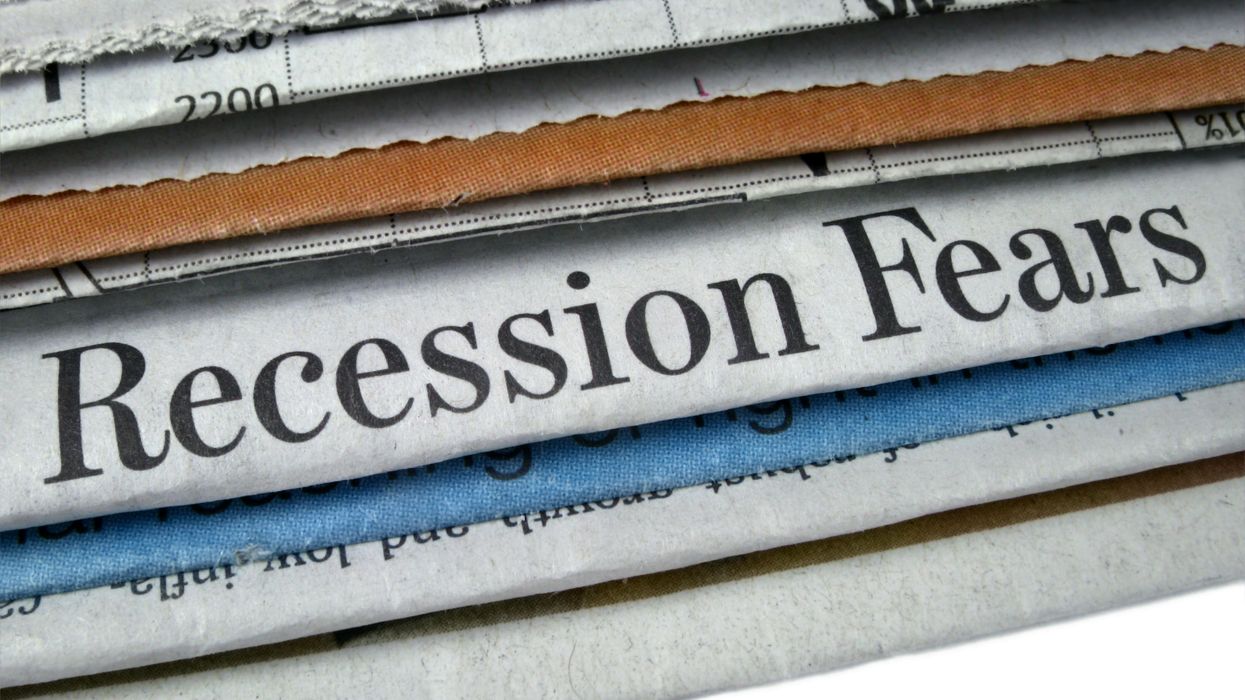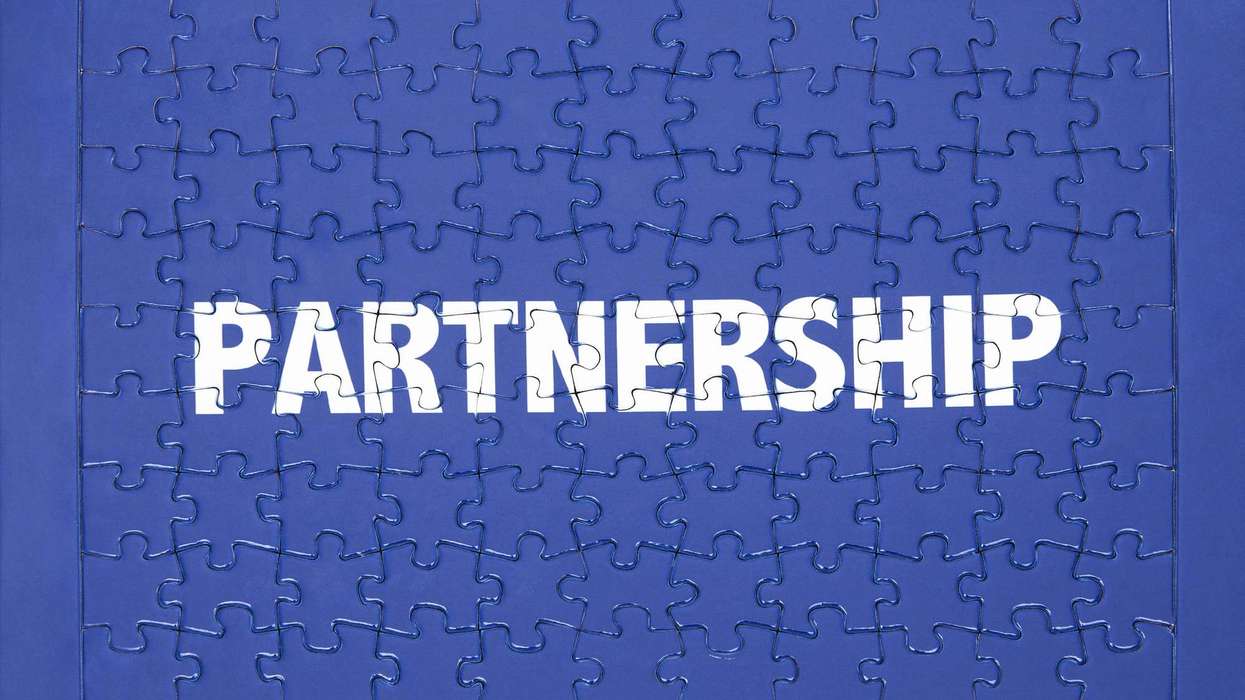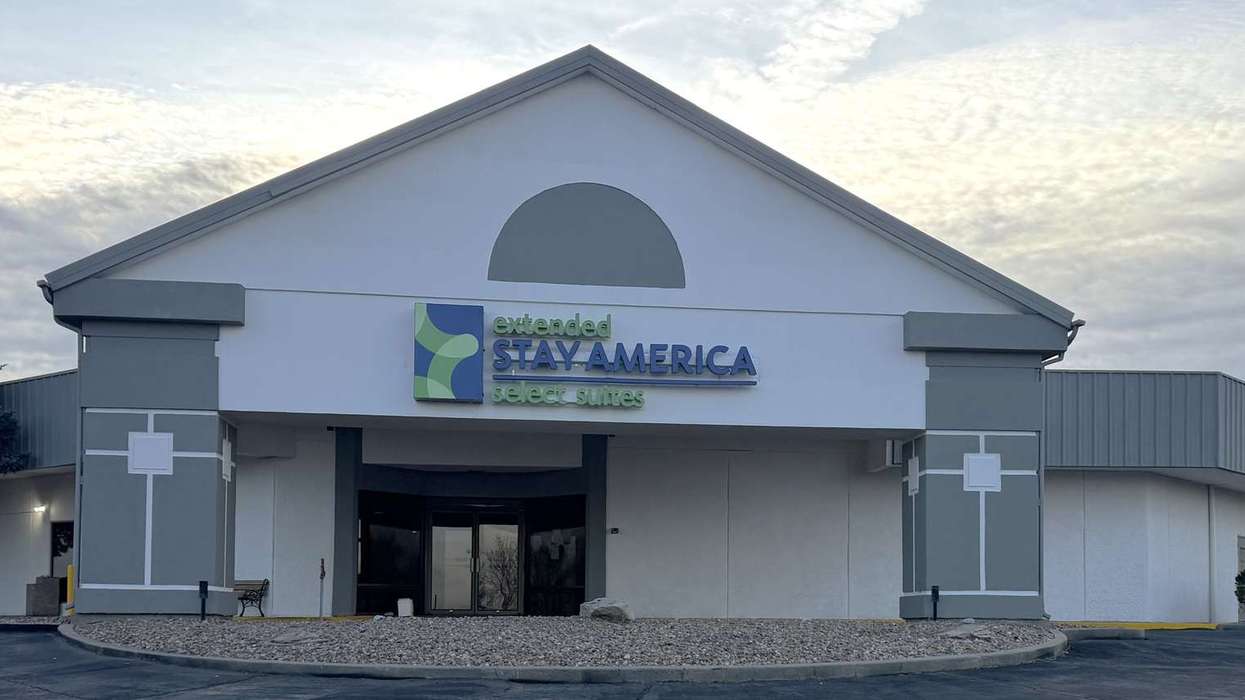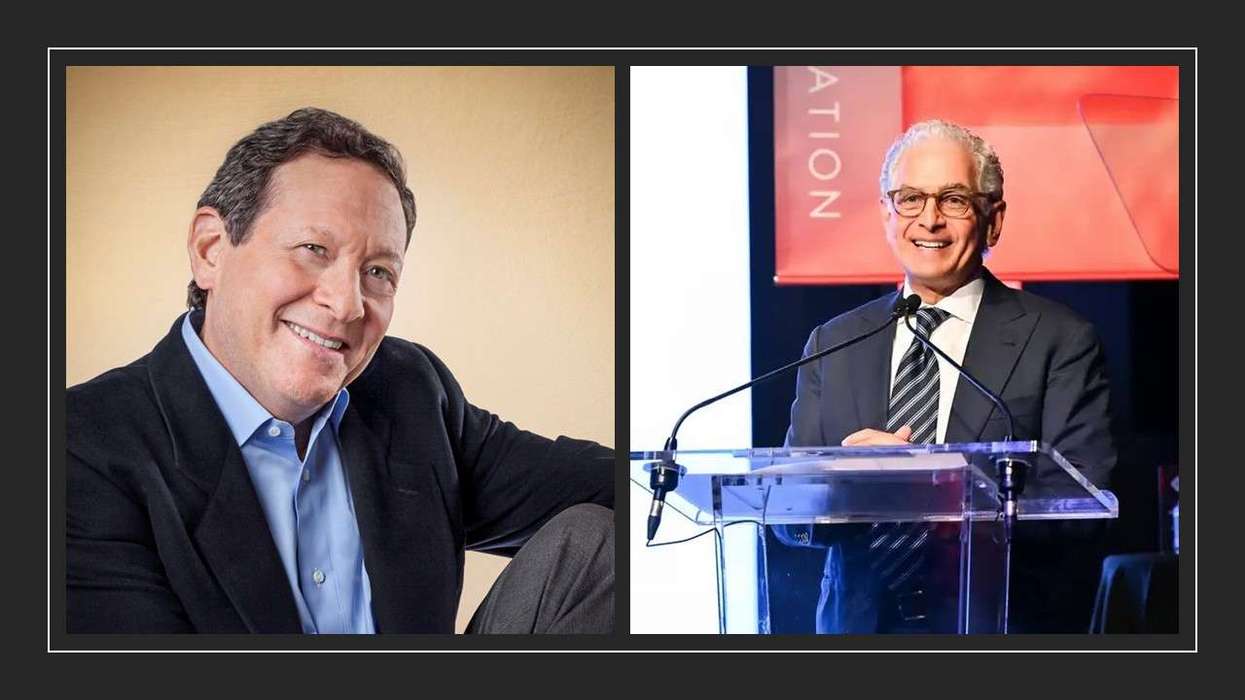HAMA’s Spring 2025 Survey: Key Insights and Trends
APPROXIMATELY 49 PERCENT of respondents in the Hospitality Asset Managers Association’s Spring 2025 Industry Outlook survey expect a U.S. recession in 2025, up from 19 percent in the Fall 2024 survey. The top three concerns are demand, tariffs and a tie between DOGE cuts and wage increases.
About 55 percent of respondents have made or plan to make brand or management changes as part of their current strategy, the HAMA survey found.
“Hospitality asset managers remain generally positive about the industry,” said Chad Sorensen, HAMA president. “The majority of our members are actively pursuing acquisitions, and most of their hotels have returned to or exceeded previous group and business transient room nights—both positive signs of an active industry from corporate and guest perspectives.”
The semi-annual report, based on insights from 80 hotel asset managers—about 33 percent of HAMA’s membership—covers forecasts, recession concerns and other key topics, the statement said. Conducted alongside HAMA's 2025 Annual Spring Meeting in Cambridge, Massachusetts, the results were presented to the media, followed by a Q&A session via online conferencing.
HAMA U.S. members represent more than 3,500 properties, 775,000 rooms, 250,000 employees, $40 billion in revenue, and $3 billion in capital expenditures, the statement said.
In HAMA’s Fall 2024 Industry Outlook Survey, demand, wage growth, and ADR increases were top concerns, though about 82 percent of respondents did not expect a recession in 2025. Respondents to the Spring 2024 Industry Outlook survey, released last April, remain optimistic about the industry’s near- to mid-term outlook despite current volatility.






